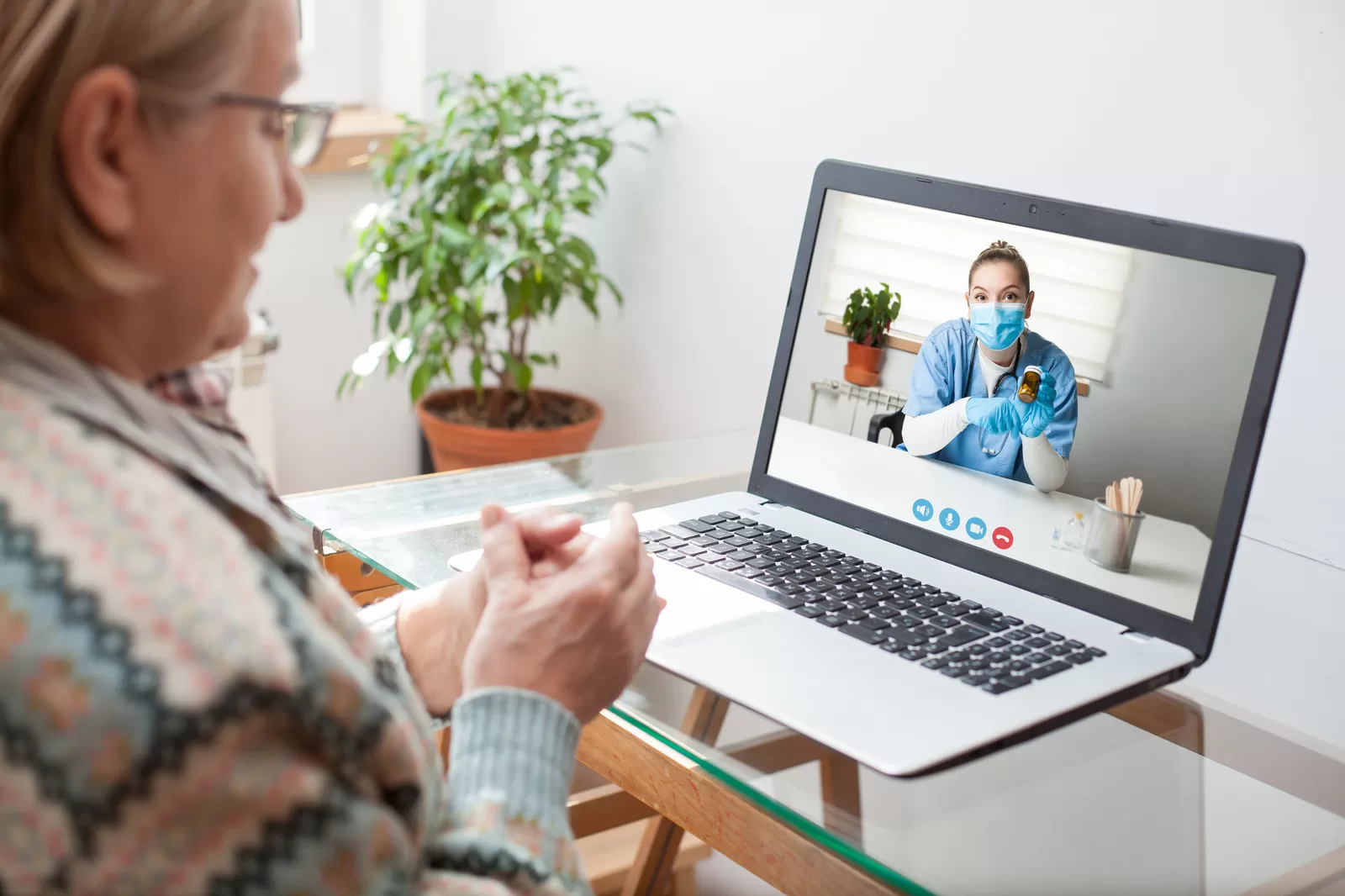Fight Fear with Facts: Three Tips That May Help You Continue Your Lung Cancer Treatment During the COVID-19 Pandemic

Fight fear with facts and learn more about ways that may help you safely continue your treatment plans and attend regularly scheduled doctors’ visits. We’ve addressed some of the biggest stressors facing lung cancer patients during this unprecedented time.
Working with Your Doctor to Continue Treatment
A lot is uncertain right now, but your treatment plan does not have to be. While it can be scary to leave the safety of your home, it is crucial that decisions regarding your treatment plan are made jointly with your healthcare team. By having informed conversations with your healthcare providers about your treatment plan and how you are feeling on treatment, together you can properly assess the benefits and risks of starting, maintaining, adapting or pausing your current plan. Additionally, it is important to receive assurance from your doctor that you’ll be equipped with an adequate supply of your cancer medication during this time.
Leveraging telehealth services:
If you would like to have these conversations with your doctor but are hesitant about in-person visits, check with your doctor if telehealth or remote consultation services are available. Work with your doctor to determine the appropriate cadence of telehealth appointments so that your current treatment plan is not compromised. In order to use your time effectively, keep a journal throughout the week to remind you of any questions that have come up since your last appointment. Visit LUNGevity’s Role of Telehealth in the Era of COVID-19 for more FAQ’s regarding telehealth services.1
Top Questions to Ask your Doctor:
- Do we need to change anything with my current treatment plan?
- Will I be able to get my medicine as I usually do?
- Is it safe for me to come in for scans or other procedures I normally undergo for my lung cancer?
- If I can’t come into the hospital how do I keep connected with you?
Managing Scanxiety
Undergoing frequent tests and scans is a reality for people with lung cancer. At every stage of lung cancer treatment, a healthcare team relies on these tests to help determine the best care plan. As scans and results loom, patients can experience fear, uncertainty, and anxiety, commonly referred to as “scanxiety”.
Now coupled with the uncertainty of COVID-19 and the potential for delays in scans and results, people may find their scanxiety has heightened. While scanxiety is a common feeling in the lung cancer community, everyone copes with it differently. It’s important to find the best way for you to avoid the anxiety from overwhelming or consuming you. For tips on managing your scanxiety, visit LungCancerProfiles.com.
Resources & Support
Guidelines to help stay informed
Our biggest ally during this pandemic is knowledge. Staying informed helps you understand the virus and how it impacts you. To help you stay informed, the European Society for Medical Oncology (ESMO), is applying a tiered approach to guidance on the management of patients with cancer during the COVID-19 pandemic.
This approach considers the patient’s condition, the urgency of the planned cancer treatment, and its anticipated benefit in light of the potential risk of COVID-19 associated with the logistics of receiving treatment, as well as the available resources to safely provide treatment. For more information visit ASCO and ESMO for their respective guidelines.1
Support for patients taking Pfizer medicines
Knowing the ways to save on your medicine can be especially important now. For patients in the U.S., Pfizer Oncology Together™ can help you understand your insurance and identify what financial support may be available for your prescription. In addition, Pfizer Oncology Together can help you find a specialty pharmacy that can fill your prescription. Learn more about the Pfizer Oncology Together program here.2
Emotional Support
Besides your physical health, COVID-19 can impact your mental health and should not be overlooked. To ensure you’re getting the emotional support you need, Pfizer’s This is Living with Cancer website and app provides free helpful tools and resources designed to give you the type of support you need so that you can make the most out of each day.
For additional information1:
- https://www.esmo.org/guidelines/cancer-patient-management-during-the-covid-19-pandemic
- https://www.asco.org/asco-coronavirus-information/provider-practice-preparedness-covid-19
- https://www.accc-cancer.org/home/attend/event-template/2020/04/03/default-calendar/clinical-trials-amid-covid-19
- https://www.roycastle.org/covid-19/information-for-patients/treatment-advice/
- https://go2foundation.org/resources-and-support/lung-cancer-and-coronavirus/
- https://lungevity.org/for-patients-caregivers/covid-19-and-lung-cancer/weekly-updates-on-coronavirus-covid-19-from-lung
1 Pfizer is not affiliated with these organizations and is not responsible for the content posted to their websites. The information provided at these links is for educational purposes only and is not intended to replace discussions with a healthcare provider.
2 Pfizer Oncology Together™ is available for patients in the United States who are prescribed a Pfizer medicine for their disease.





